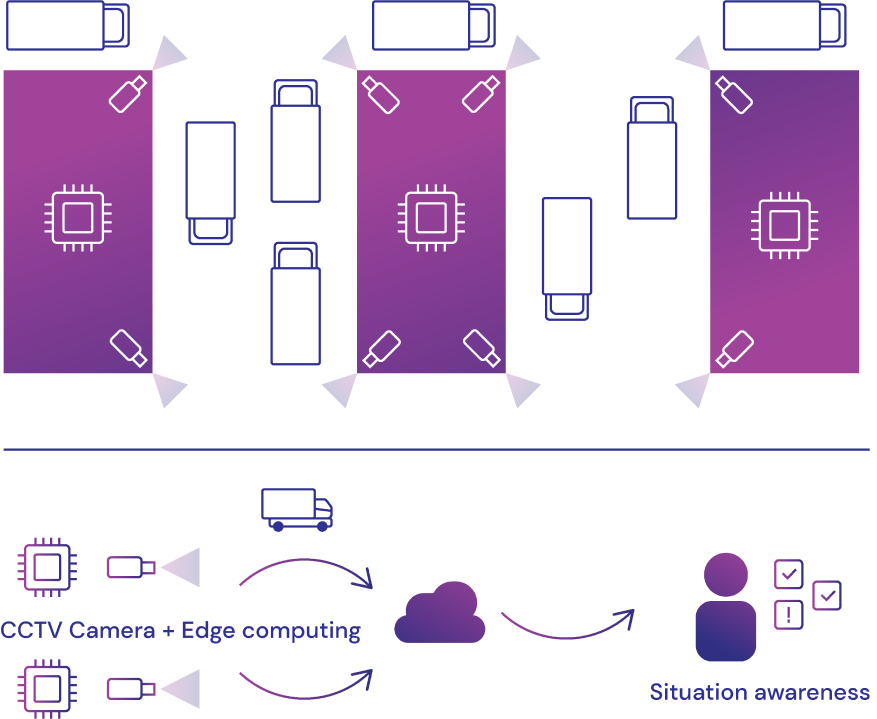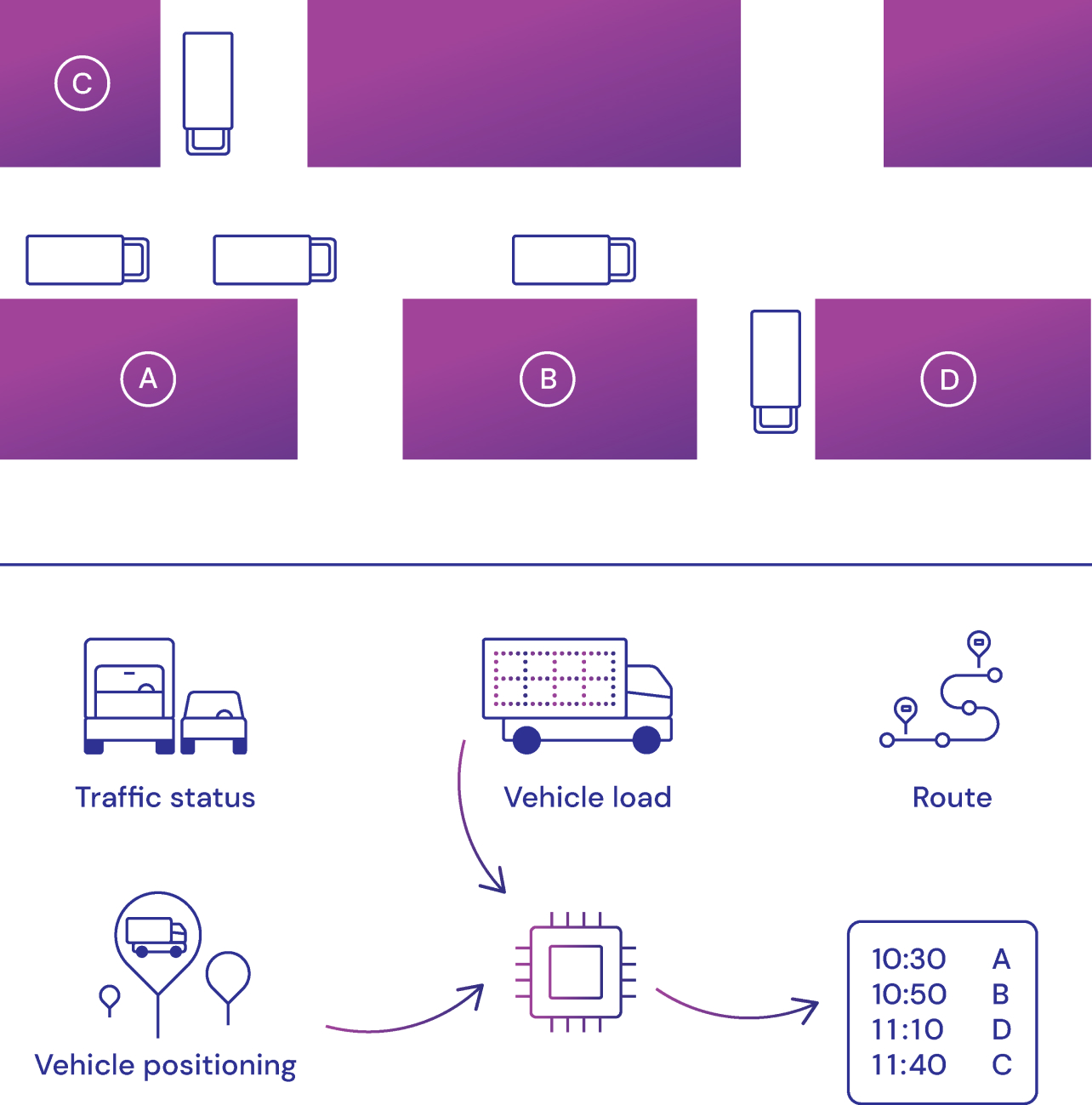

Mercabarna (MrB) is a food city that operates 24 hours a day with the aim of guaranteeing the continuous supply of fresh food to the public. The facility houses 600 companies specializing in the distribution, preparation, import/export of fresh and frozen products.
Under this environment, the main challenge of Mercabarna is to improve the management of fresh and frozen products, and in general freight exchange, from the point of view of the product value chain considering the logistics – especially focusing inside Mercabarna’s premises, but also considering information and decision-making indicators coming from the outside.
This pilot has two key goals, which are divided into two different use cases:


Subscribe to our newsletter now to be the first to know about our latest articles, insights and upcoming events.
Funded by the European Union. Views and opinions expressed are however those of the author(s) only and do not necessarily reflect those of the European Union or the Directorate-General for Communications Networks, Content and Technology. Neither the European Union nor the granting authority can be held responsible for them.
visibility_offDisable flashes
titleMark headings
settingsBackground Color
zoom_outZoom out
zoom_inZoom in
remove_circle_outlineDecrease font
add_circle_outlineIncrease font
spellcheckReadable font
brightness_highBright contrast
brightness_lowDark contrast
format_underlinedUnderline links
font_downloadMark links